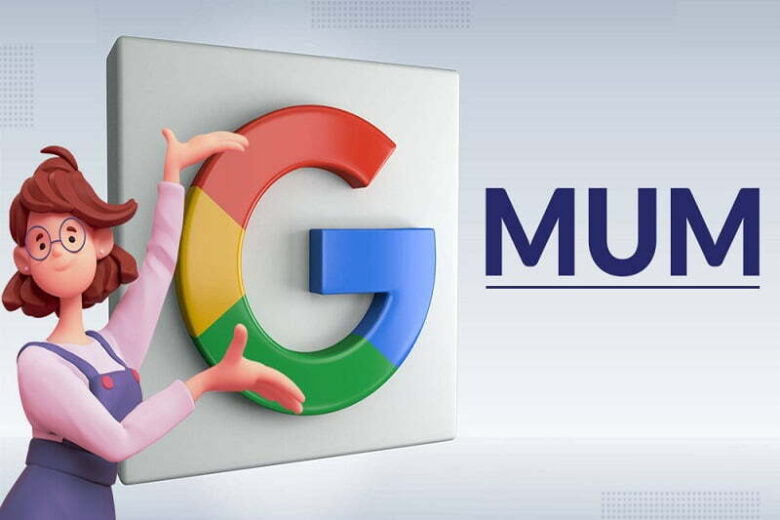The Google you knew last year is not the same Google you’re working with today. If you’re a digital marketer, you’ve already felt the ground shift beneath you as algorithms evolve, new features roll out, and regulations like the Digital Markets Act (DMA) shake things up in Europe. It’s no longer just about ranking high — staying visible now requires adaptive strategies and a fresh understanding of how Google operates.
But you’re not alone, and hundreds of thousands of other digital marketers are in the same boat. Whether your focus is on paid advertising opportunities in France or search engine optimization Canada, there are some things everyone needs to know.
Google launched several game-changing updates in 2024, all aimed at tackling user needs, market regulations, and technological advancements. For digital marketers, these updates shape not only how brands are ranked but also how they are showcased to users around the globe.
Of course, it’s not just Google’s ever-evolving updates that digital marketers need to stay on top of. In this fast-paced digital landscape, marketers must also keep up with the release of new technologies and the ever-changing habits of consumers. Adapting to these shifts and leveraging emerging tools and consumer insights is essential for staying ahead in the dynamic world of digital marketing. But that’s why keeping a good understanding of absolutely everything that is going on is tough.
Here are the three biggest changes in Google that have come out lately, and actionable steps you can take to protect (or even enhance) your company’s visibility.
Contents
1. Google’s MUM-Powered Search Dominance

Source: indeedseo.com
The Multitask Unified Model (MUM) is no longer experimental — it’s central to Google’s current search experience, and it’s been improving ever since it launched in 2021. MUM leverages AI to process text, images, video, and even audio in 75 languages simultaneously to deliver rich, context-aware answers to user queries. The results are deeply immersive, but they’ve left traditional SEO strategies scrambling to catch up.
MUM’s ability to consolidate and answer complex queries means less reliance on the traditional “10 blue links.” Google now highlights multimedia snippets, detailed guides, and summarized answers — straight from its AI processing. If your content isn’t rich or multimedia-driven, your organic rankings might plummet.
How to Stay Ahead:
- Diversify Content Formats: Shift from purely text-based content to a mix that includes images, videos, and infographics. For instance, if you write a guide on SEO trends, add an explainer video or interactive chart to make it MUM-friendly.
- Focus on Intent: MUM prioritizes understanding user intent. Your content must address not just keywords but the question behind the search. Write conversational, problem-solving content that mirrors how people naturally ask questions.
- Leverage Structured Data: Use schema markup for visual and video content so it appears in rich search results, standing out from competitors.
2. AI-Powered Google Search Ads

Source: linkedin.com
Google Ads are now hungrier for AI-driven context, rewriting the rules for ad targeting, bidding, and even copywriting. If you’ve noticed changes in your ad performance, it’s because Google’s algorithms are enhancing automation — less manual control, more AI personalization.
AI now tailors ads specifically to user behavior, meaning brands with hyper-focused, personalized ads win big. This shift makes generalized, static ad campaigns almost invisible in today’s search results.
How to Stay Ahead:
- Get Specific: Use Google’s enhanced audience segmentation tools to target niche demographics with laser-like precision. Serve an ad about your company’s vegan product line to environmentally conscious users browsing food blogs.
- Test, Test, Test: AI thrives on data. Regularly A/B test headlines, descriptions, and CTAs to feed Google’s algorithm more context for optimization.
- Explore AI Tools: AI isn’t limited to Google — use external AI tools to generate engaging, personalized ad copy that resonates with the specific intent of your audience.
3. The Digital Markets Act (DMA): European Impact

Source: menyhart.hu
Perhaps one of the most significant regulatory developments recently, the European Union’s Digital Markets Act (DMA) directly impacts how Google lists businesses in Europe. Under the DMA, Google must ensure fair and transparent results, treating all businesses — big or small — more equally. This reshaping limits preferential treatment for Google-owned services like Google Hotels or Google Maps.
Businesses who previously relied on Google’s preferential placement may see a decline in visibility. However, independent businesses now have a better chance of competing in previously “walled-off” segments on Google.
How to Stay Ahead:
- Localize Your Content for Europe: Whether or not your primary market is in Europe, DMA changes mean a greater emphasis on well-optimized, localized websites to compete on an even playing field.
- Boost Third-Party Reviews: Ensure your business maintains strong external ratings on independent platforms outside of Google (e.g., Trustpilot or Yelp). Take note — fair competition means visibility is no longer solely determined by Google-hosted reviews!
- Use Google Business Profiles: Even with the DMA in place, a fully optimized, accurate business profile on Google ensures your presence remains strong and professional. Make sure it’s regularly updated with imagery, business hours, and customer responses.
Digital marketers know change is the name of the game, and this current moment in time is no exception. MUM’s contextual smarts, AI-fueled ad customization, and regulatory shifts like the DMA are altering how your business competes — but they’re also creating new opportunities. By optimizing your content for multimedia experiences, personalizing ad campaigns, and localizing for European markets, you can maintain (and even grow) your brand’s visibility in Google search results. Keep these strategies at the core of your 2025 marketing roadmap. And if this sounds overwhelming (or you want to knock your AI-powered campaigns out of the park), partner with experts who can help you keep up.
